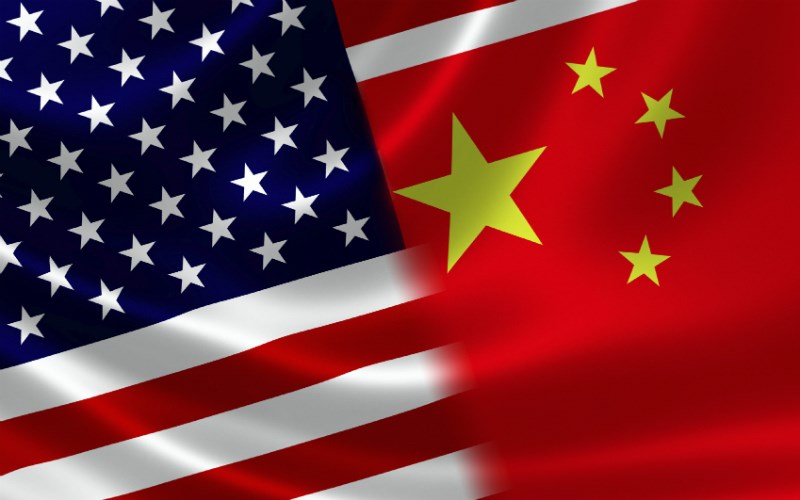Three-part series on cryptocurrencyPart 1: 'Digital Dollar' could compete with China … and copy it, too Part 2: An explainer about NFTs: A good collectible, bad investment |
On Wednesday, President Biden ordered the U.S. Treasury Dept. and numerous other agencies to study and report on the influence and oversight of so-called “cryptocurrencies,” such as Bitcoin.
In numerous news stories, the President’s order was described as “long awaited” by Wall Street and the financial sector. That is because the use of cryptocurrencies has skyrocketed but the federal government has been slow to catch up, a story by Reuters said.
Biden’s order to study the digital dollar – formally called a Central Bank Digital Currency – is not a surprise, either, since the U.S. Federal Reserve announced in January, in a 40-page report, it was studying the issue and was seeking public comment.
That announcement was also described as “long awaited” by financial experts, but just because it’s not new news doesn’t mean it’s not worrisome.
What is crypto?Steve Jordahl, AFN Cryptocurrency, which is gaining more public attention, and more investments, is a virtual currency that is decentralized --- no bank or government to oversee it --- and is secured by cryptography. John Berlau, a financial expert at the Competitive Enterprise Institute, says there are several advantages to crypto. “Payments become faster without bank fees and things like that,” he says, “and because people are rightly trying to protect themselves from government-caused inflation.” George Kamel of Ramsey Solutions says his advice is don’t rush out in a panic and invest. That is because, he advises, anyone hoping to get rich quickly will not witness that happen. “I think your house and your IRA, all of that, is still going to have the same value,” he tells AFN. “I don't see where we turn around and go, Hey, digital money's the new thing, your IRA's worthless, your house is worth nothing. It's all about your digital bank account with cryptocurrency." |
“A CBDC could fundamentally change the structure of the U.S. financial system,” the report itself states, “altering the roles and responsibilities of the private sector and the central bank.”
John Berlau, a financial expert at the Competitive Enterprise Institute, tells AFN the most glaring issue is who is controlling your bank account.
“With the Central Bank Digital Currency, the Fed would be your banker. The bank account would be with the Fed,” he says. “It would be a direct liability of the Fed instead of your private bank.”
Back in December, AFN reported a greatly-concerned financial industry helped derail the nomination of law professor Saule Omoarova, a Marxist who was seeking the post of Comptroller of the Currency at the Treasury Dept. Among her wishes, she has said American citizens’ private bank accounts should be transferred to the Federal Reserve.
 After her nomination was withdrawn, Omarova complained to NPR that Republicans had unfairly “mischaracterized” her work and “demonized” her, but Sen. John Kennedy (R-La.) pointed out during a hearing she was writing Marxist-themed academic papers as recently as 2020. She was participating in a Marxist-themed Facebook group, too, he said.
After her nomination was withdrawn, Omarova complained to NPR that Republicans had unfairly “mischaracterized” her work and “demonized” her, but Sen. John Kennedy (R-La.) pointed out during a hearing she was writing Marxist-themed academic papers as recently as 2020. She was participating in a Marxist-themed Facebook group, too, he said.
According to Berlau, a powerful government that controls your bank account can monitor how you spend your money, too.
“Government has the power,” he warns, “to not only credit your digital account but debit -- take away -- if for some reason the government thinks you're being a bad citizen.”

China’s citizens are witnessing that all-seeing power right now, Berlau points out, after China launched a digital form of the yuan in January.
China’s introduction to a digital yuan comes after its communist government launched a “Social Credit System” in 2014 that monitors citizens, and punishes them, for everything from purchasing too many video games to criticizing the government on social media.
In the Reuters story about Biden’s executive order, China’s digital currency is mentioned favorably. Many in Washington, D.C. are worried, the story says, because China has launched its digital currency and the U.S. needs to hurry to catch up to ensure the dollar remains the world's reserve currency.







